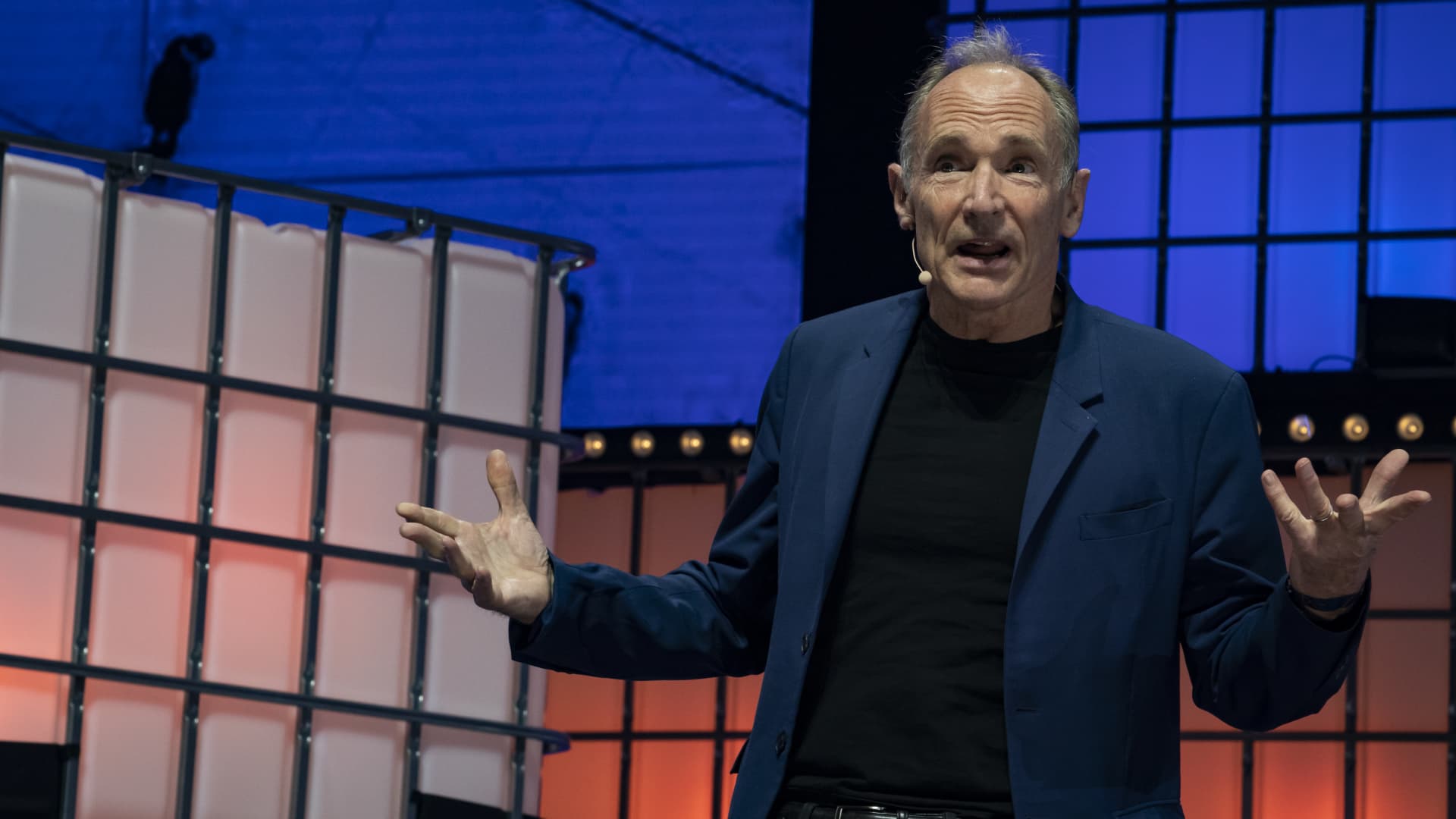Tim Berners-Lee, the inventor of the World Wide Web in 1989, has expressed his dissatisfaction with the current state of the web. On the 35th anniversary of his invention, he shared his predictions for the future of the web, including the rise of personal artificial intelligence assistants and seamless data transfer capabilities.
Berners-Lee’s journey began at CERN, where he submitted a proposal for an information management system to facilitate information sharing among colleagues. Little did he know that this system would evolve into the ubiquitous force it is today.
Despite the success of the web, Berners-Lee acknowledges the downsides, such as the negative impact of AI algorithms on social media feeds and the loss of ownership over personal data. However, he remains optimistic about the future and has made some bold predictions.
One of his predictions is the widespread use of personal AI assistants that will work for individuals, akin to doctors or lawyers. Companies like Samsung and Humane AI are already exploring AI-powered devices to revolutionize the way we interact with the web.
Another forecast from Berners-Lee is the concept of data ownership through digital pods, enabling users to control their data across all platforms. This vision aligns with his work at Inrupt, where they are developing the Solid protocol to enhance data ownership and privacy.
In the future, Berners-Lee envisions a web where users can seamlessly transition between devices, accessing essential applications like email and calendars effortlessly. This interconnected digital experience will empower individuals to live more efficiently and productively.
Ultimately, Berners-Lee believes that the web will continue to evolve, incorporating technologies like virtual and mixed reality to bridge the gap between the physical and digital worlds. Despite the challenges faced by the web, he remains hopeful about the positive impact it can have on society.

